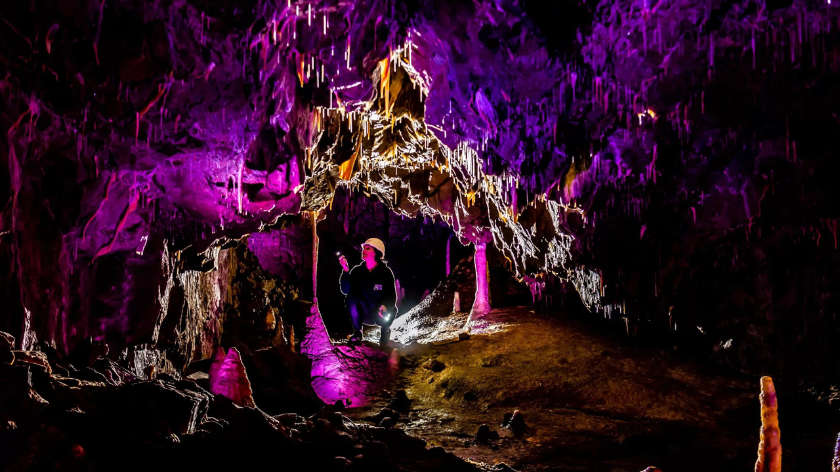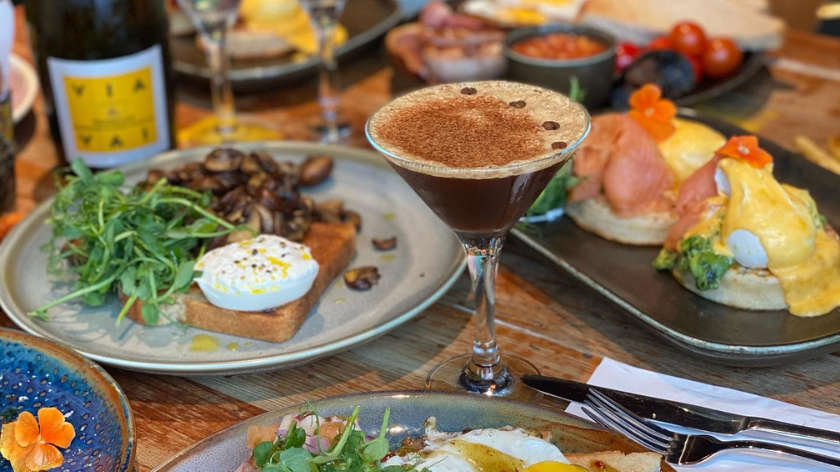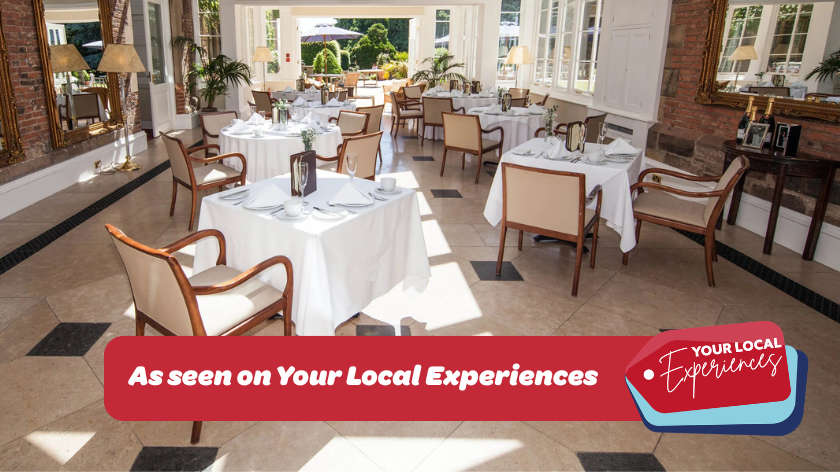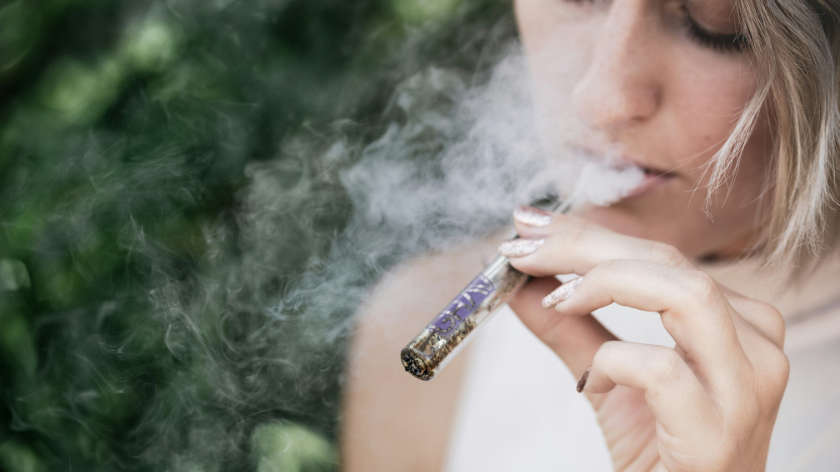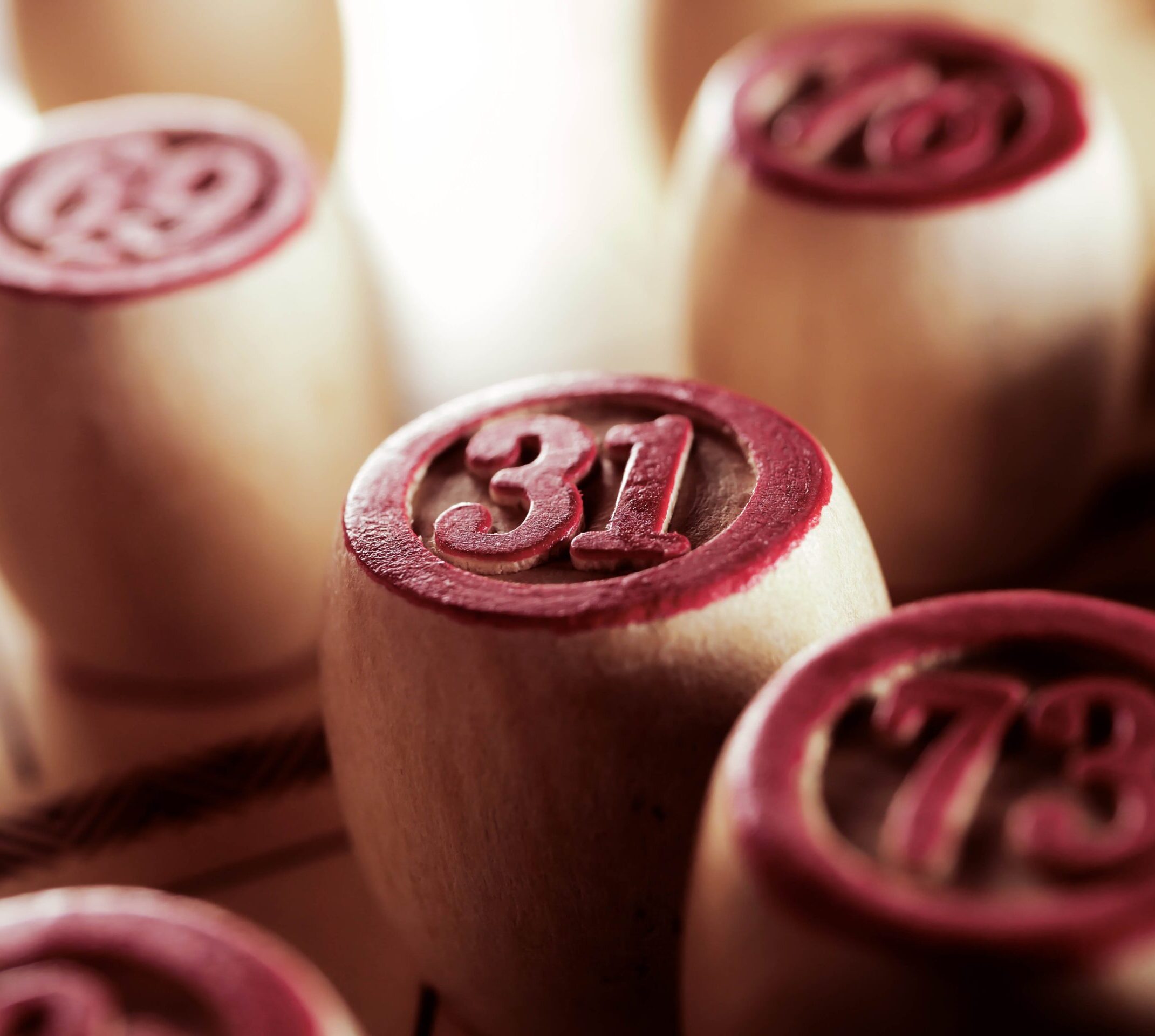
In this guide, we'll go through the history of Bingo in the UK, from its humble beginnings to its explosive popularity in the 60s, and even cover the modern digital twist.
If you're from the UK, there's a slim chance you haven't found yourself in one bingo hall or another.
Apart from the 5 o'clock tea and the royal family, Bingo is a pastime that is so distinctively British. So, in this guide, we'll go through the history of Bingo in the UK, from its humble beginnings to its explosive popularity in the 60s, and even cover the modern digital twist.
Early Arrivals (1800s)
Though many associate Bingo with the UK, Bingo's true origin remains in Italy. It likely crossed the Atlantic in the early 1800s, known as "Housey-Housey," and played with simple paper grids and beans for marking. There were no modern bingo cards and daubers back then. Early versions existed in private gatherings and public fairs, primarily enjoyed by women and working-class folks, which frankly hasn't changed to this day.
Bingo Boom (1960s - 2000s)
The 1960s marked a pivotal shift for Bingo. The Betting and Gaming Act in 1960 allowed bingo halls to offer larger cash prizes, up to £250 at the time. If we calculate for inflation, £250 in 1960 would be roughly equivalent to £6,295 in 2023, making this quite a hefty prize. Interestingly, the cap for winnings before the 60s Betting and Gaming Act was only £5, which made Bingo much more appealing to players. The act also legalised bingo halls themselves, paving the way for their rapid expansion across the country and chains like Mecca Bingo to become household names. Many halls offered cabaret shows, live music, and even appearances by celebrities, further adding to the appeal and providing a much-needed night out for many, particularly women and older folks who might not have had many other social opportunities. Popular culture embraced Bingo – movies, TV shows, and music references solidified its place in British life. Movies like "Carry On Bingo" and TV shows like "Last of the Summer Wine" featured bingo scenes, making the game even more popular. Songs like "The Birdy Song" and "Gotta Sing, Gotta Dance" referenced Bingo, further solidifying its place in the minds and hearts of the British public. The game itself was relatively simple and affordable, making it accessible to a broad range of people, regardless of their background or income.
Beyond the Bingo Boom
The game remained popular throughout the 1980s and 1990s. However, the rise of new online bingo sites posed threats to its continued dominance. Nevertheless, Bingo has adapted and continues to thrive in both physical halls and online spaces.
Challenges and Evolution (2000s - Present)
The rise of online gambling, smoking bans, and increased taxation in the 2000s led to a decline in bingo halls. Many closed down, prompting the industry to adapt. Online Bingo boomed, but today, bingo parties all over the UK keep the game alive and fresh for the newer generation of players.
Bonus Facts and Conclusion
Let's finish our tour of Bingo history with some interesting facts. For example, the name "Bingo" is reportedly due to an excited player shouting "Bingo!" instead of "Housey!". Though 75-ball variant is preferred in the US, UK players are more likely to play 90-ball Bingo. After all, Bingo is a national game in a way, and we hope our overview gives you a deeper understanding of Bingo's rich history in the UK.



